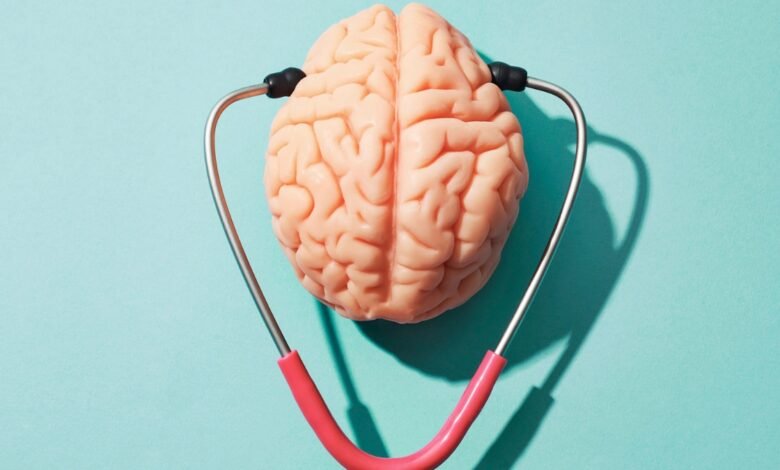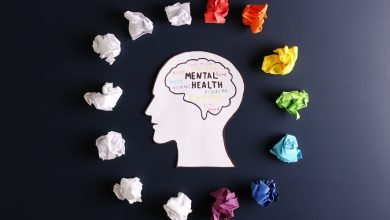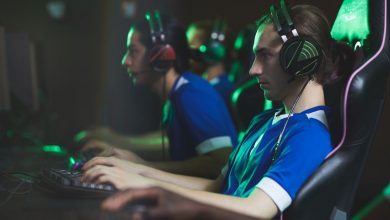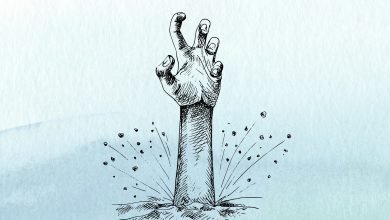World Mental Health Day 2023: Why is this day imperative for India?
While India lingers at 126 out of 146 countries on the World Happiness Index, 'Mental health' ceases to be a luxury for the world's most populous nation.

Each year, October 10th is globally celebrated as World Mental Health Day. On this day, healthcare experts and medical professionals organise seminars, workshops, and conferences across the globe to uphold the significance of sustaining sound mental health.
In 2023, under the theme “Mental health is a universal human right,” WHO aspires to dedicate its resources to spreading the word about ‘mental health issues’ and upholding actions that cater to everyone’s mental health as a universal human right.
Life in the 21st century was already too fast-paced and dynamic, but the ‘post-COVID push’ has sent our mental peace to a frenzy. Medical experts have opined that after COVID-19, a new pandemic in the farce of ‘mental health complications’ and ‘anxiety’ has emerged as the greatest threat to human life and well-being.
A report by the WHO predicts the world economy shall lose USD 1 trillion between 2012 and 2030 as collateral to the booming cases of Mental Health conditions!
The World Health Organisation (WHO) maintains, “One among eight people globally are living with mental health conditions. An increasing number of adolescents and young people are affected by mental health issues.” Hence, at this precarious juncture, the significance of such an event increases by leaps and bounds.
Why must Indians give increased weightage to their mental health?
In a nation of 1.4 billion people, where cut-throat competition and dire workaholism get glorified and celebrated, people seldom have the luxury to reflect upon their mental health issues and share their angst with someone else. On top of that, the social stigma that gets bestowed upon this delicate issue makes it more difficult for a sufferer to “open up.”
The National Mental Health Survey has divulged that at least 14% of the Indian population suffers from dire mental health issues that can be fixed only through professional and personalised therapy. Given the quantum of India’s population, there is a severe shortage in the number of mental health professionals in India.
The WHO reveals that India has only three psychiatrists and psychologists for every 1 lakh people. The apex international health organisation has also given a foreboding that the post-pandemic stress and other associated factors have caused the number of patients with mental disorders to spike at an unprecedented rate.
It must not be forgotten how ‘mental health issues’ are the crux of severe ailments like Cardiac diseases, hypertension, and diabetes. All such alarming health conditions have a direct nexus with our mental health or lack of it.
Approximately 56 million Indians have suffered from clinical depression, and 38 million others have fallen prey to anxiety disorder. A chunk of this figure comprises young students and people who would soon join as active proponents of the Indian workforce, a grave reason to worry.
According to the National Crime Records Bureau (NCRB), the number of deaths by suicide increased by 7.2% in 2021, where 164033 people decided to call it quits (the most suicides in a year thus far). Out of the deceased, 13089 were students! The number of student suicides in India has spiked by 70% since 2011. A harrowing fact has emerged, “In India, thirty-five Indian students kill themselves every day!”
Let me soothe you by elaborating on how even this cloud has a silver lining. According to a recently released report by the Telemedicine Society of India (TSI), there has been an overall increase of about 302% (fourfold increase) in cases of online mental health consultations. Sales of antidepressants and mood stabilisers have also undergone a significant increase, with a 41% surge in India.
The majority of such newfound consultees are young students and such people who have shown the courage to break the stigma surrounding mental health issues. Therefore, awareness regarding the issue has already crept in, which is the first step to alleviating this distress.
We should clarify that ‘going for therapy’ is NOT the sole panacea to all mental health issues. One must avoid getting trapped in pseudo-scientific ‘Totkas’ while dealing with these sensitive problems.
A wide array of reasons can cause mental health complications, and each patient has a personalised diagnosis and course of treatment. For some, clinical therapy is the solution, while for others, a simple lifestyle change can be fruitful. However, a check-up with a health professional remains rudimentary.
Hence, we here at Digpu would like to conclude this article with a short and heartfelt message to all our readers: “It’s okay not to be okay.”







